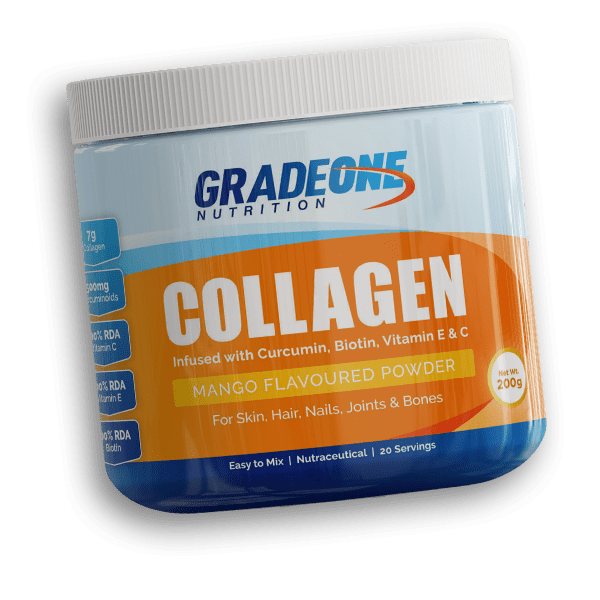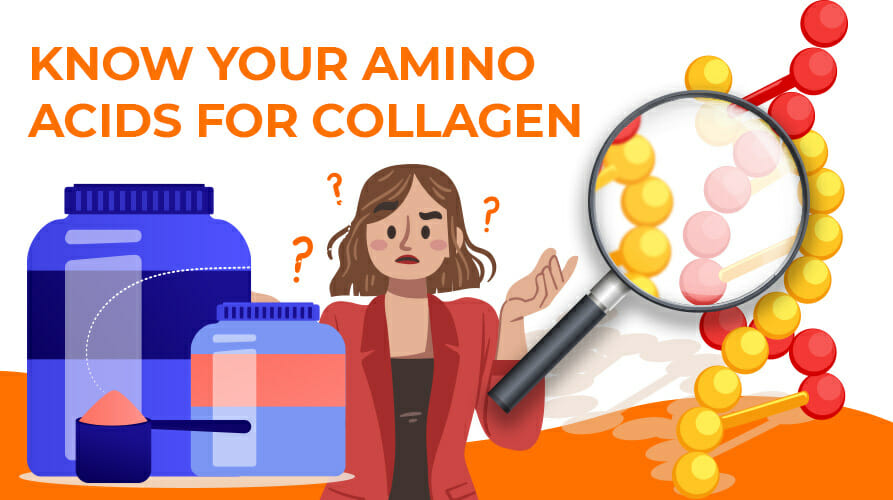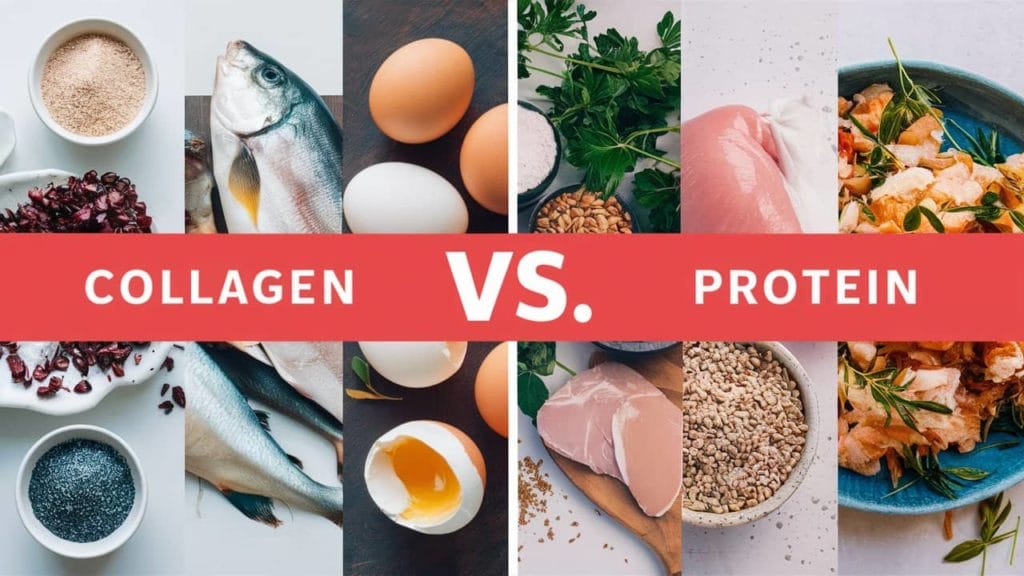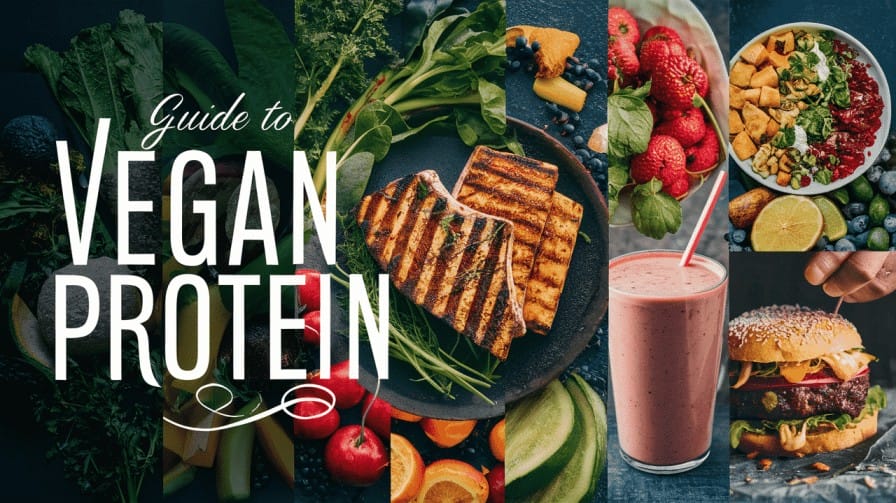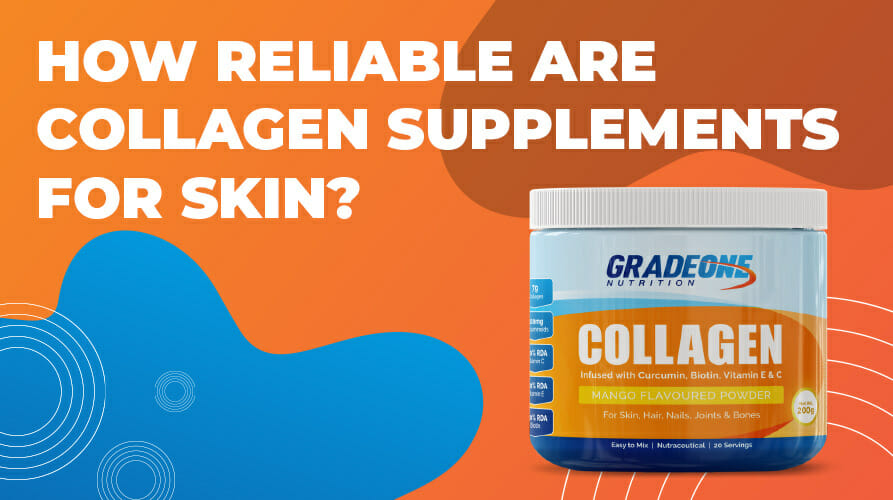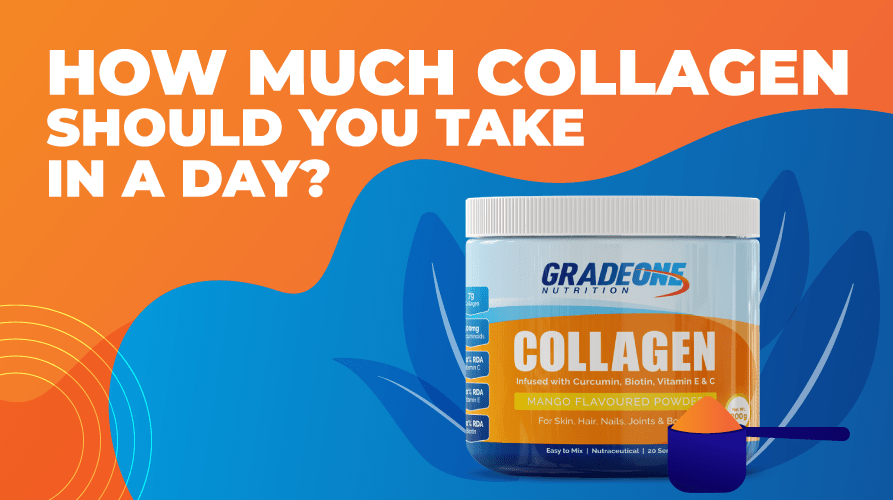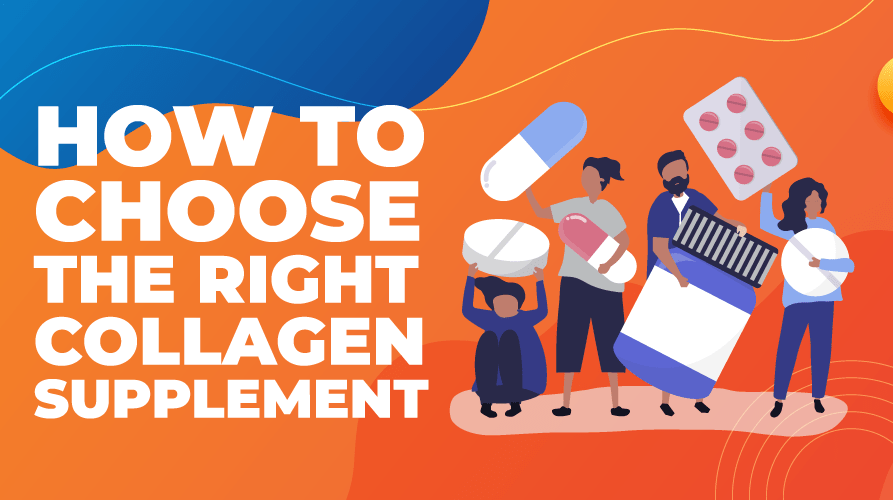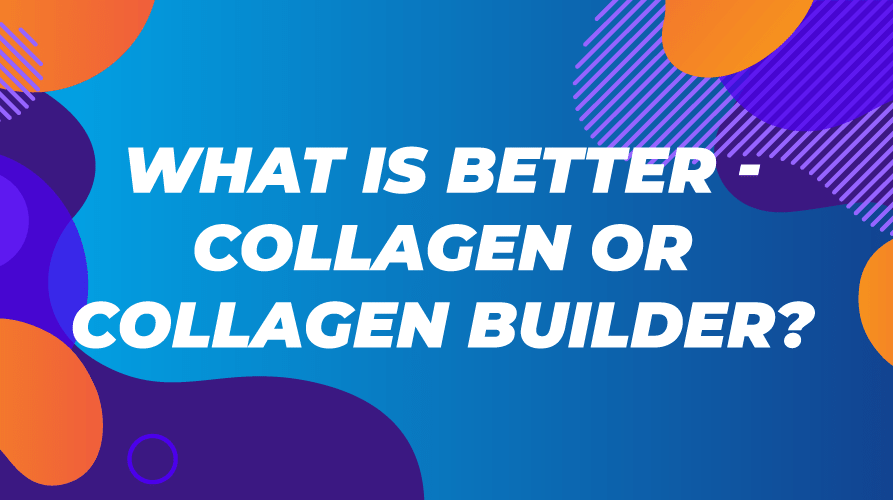It takes some unique science for collagen to get produced in the body.
Yes, we come to the world with an abundance of it. Amino acids for collagen are what make babies’ cheeks so plump and doughy.
But as we grow old, not only do we lose a lot of collagen tissue, but our bodies also start producing less collagen after the mid-20s.
The collagen tissue is formed using complex protein chains, also called amino acids, that may or may not be abundant in the body. It’s necessary for the health of the bones, skin, hair, joints, and even the gut.
So how do we know that a supplement provides necessary and abundant amino acids for collagen in its formulation?
You study the amino acid profile of that supplement. That’s how.
Collagen peptides (small pieces of protein from animal sources) are made from amino acids.
If the ingredient list mentions the list of amino acids present in the supplement, then you know you’re buying the correct collagen supplement.
So let us simplify the process of studying the ingredient list behind the collagen supplements. As a model ingredient list, we will use our own GradeOne Hydrolyzed Marine Collagen Powder.
Studying Amino Acids for Collagen
The ingredient list of your Collagen Supplement will mention Collagen Peptides. thus, a collection of amino acids for collagen would mean that you’re looking at real collagen from animal sources that work.
This also means that this supplement is derived from animal tissue. So it is not vegan or vegetarian.
Next, read the name of the collagen to see if it says – bovine or marine collagen.
Bovine collagen is derived from cow protein. Marine collagen is derived from the fish scales of deep ocean fish.
Make your preference from these two sources, and then you must look for the breakdown of their amino acid profile.
For reference, this is what GradeOne’s looks like.

You see the list of these Amino Acids for collagen.
Here’s a bite-sized version of what they do.
- Aspartic Acid
- Controls chronic fatigue
- Strengthens the immune system
- Removes excess toxins like ammonia
- helpful in the transportation of minerals
- Essential for healthy RNA and DNA
- Threonine
- Regulates fat storage and usage
- Involved in intestinal health
- Prevents fat buildup in the liver
- Necessary to build protein chains
- Essential for the nervous system
- Glycine
- Promotes healing of overworked or damaged muscles.
- Soothe an upset stomach.
- Promote calm and relaxation.
- This is one of the amino acids for collagen that boosts the immune system.
- Alanine
- Precursor in synthesizing proteins
- Breaks down tryptophan and vitamin B-6.
- Source of energy for muscles
- strengthens the immune system and
- helps the body use sugars.
- Valine
- enhance energy and endurance
- promotes muscle growth and tissue repair
- aid in muscle tissue recovery and repair
- lowers elevated blood sugar levels
- Glutamic Acid
- necessary for the removal of toxins
- disposal of excess nitrogen
- An energy source for the brain
- Isoleucine
- Can help control blood sugar.
- may also boost energy and endurance
- This is one of the amino acids for collagen speeds up healing of injured muscles
- Help muscle development and lean body mass.
- Leucine
- An essential amino acid for protein synthesis
- can be used to generate ATP
- Helps tissue regeneration,
- Boosts metabolism.
- Tyrosine
- Produces Dopamine ( pleasure and reward hormone )
- Produces Adrenaline ( fight-or-flight hormone)
- Produces Melanin (pigment hormone)
- Produces Thyroid hormones (metabolism hormone)
- Phenylalanine
- This is one of the essential amino acids for collagen that the body does not produce on its own
- Necessary for protein synthesis
- Helps in relieving pain
- Histidine
- Used in the growth, and repair of damaged tissues
- Necessary for synthesizing blood cells
- Protects nerve cells.
- May help treat eczema.
- Lysine
- Increases calcium absorption in the gut
- Helps kidneys to hold onto minerals
- Gives structure to skin and bones
- Helps speed up the repair process
- Arginine
- Necessary for the development of WBCs
- Strengthens Immunity
- Support healthy blood flow
- Recovery during critical illness
- Cystine
- Present in digestive enzymes
- Present in the immune system,
- Present in skeletal and connective tissues, skin, and hair.
- Hair and skin are 10% to 14% cystine.
16. Proline
- building block for proteins
- Necessary for skin healing
- Helps in strengthening bone mass and joints.
17. Methionine:
- building blocks used to make proteins.
- It may also act as an antioxidant and help to protect damaged tissues.
Why add Vitamin C to Amino Acids for Collagen?

Vitamin C is essential in collagen absorption. All 17 amino acids work in unique groups. Adding an anti-oxidant like Vitamin C ensures the supply of enzymes that are catalysts in the bonding of amino acids that create stable collagen triple-helix conformation.
Simply put, Vitamin C ensures collagen bonding is possible. This is why antioxidants like Vitamins C and E are necessary for collagen supplements.
Other than that, if your collagen supplement is in Hydrolyzed form, then all the extra points for it. The hydrolyzed form allows quicker and more successful absorption of the amino acids for collagen in your collagen supplement.
Conclusion
Your Collagen Supplement search is, thus, simplified. Look for the word “Collagen Peptides“. Then check for the Amino Acid Profile in the ingredient list. That way you know you are not wasting time money, time and effort being scammed. It’s a cherry on top if your Collagen Supplement is in Hydrolyzed form. Lastly, look for Antioxidants like Vitamins C and E, Curcumin, etc. Antioxidants help in proper collagen helix formation.
With GradeOne’s Hydrolyzed Marine Collagen Powder, you won’t have to check twice for all these necessary ingredients. Get yours here.
